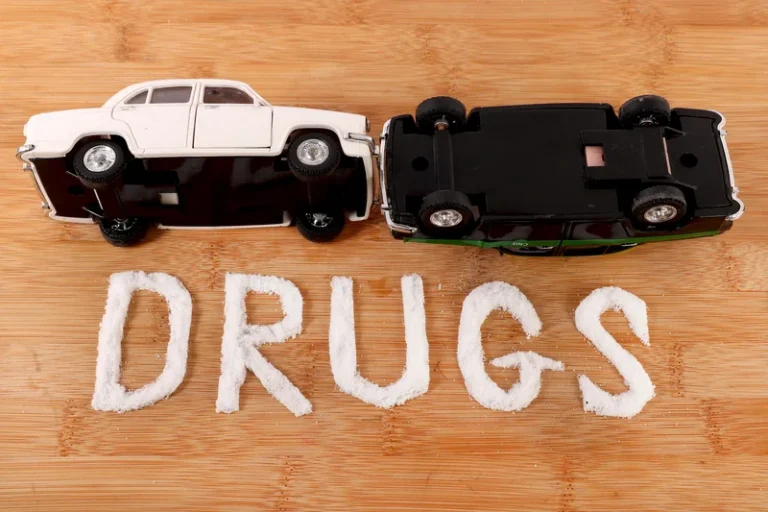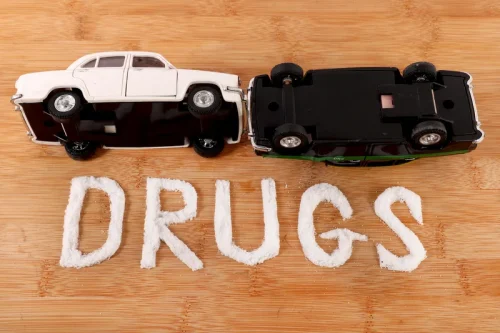
It’s important to note that not all individuals with rosacea experience flare-ups after alcohol consumption. However, if you have been diagnosed with rosacea, it may be beneficial to monitor your alcohol intake and observe how it affects your skin. When consumed in excess, it can lead to dehydration, which manifests in various ways, including dry skin, flakiness, and overall skin irritation. Dehydrated skin is more prone to developing rashes and becoming itchy and uncomfortable.
Are hives common with COVID-19?
Hives are your body’s way of responding to a substance (allergen) to which it’s sensitive. If you’re prone to these reactions, talk to your healthcare provider about getting tested for causes. Once you know what triggers your allergies, you can take steps to avoid your triggers and treat reactions. During the consultation, be prepared to discuss your alcohol consumption patterns, the timing and duration of hives episodes, and any other relevant symptoms. Providing this information will help the healthcare professional in making an accurate diagnosis and determining the appropriate course of action.
Anaphylaxis and Quality of Life
- This is a warning sign that your liver is not coping, and you should seek immediate help to stop drinking.
- This sensitivity can cause the immune system to overreact when alcohol is consumed, resulting in an allergic reaction and the appearance of a rash.
- It’s important to remember that everyone’s tolerance and response to alcohol can vary, and what may cause hives in one person may not affect another.
- In-home alcohol addiction recovery is a modern solution for the busy, fast-paced lifestyles of today.
- This results in a red face (flush) but can also be accompanied by hives, nausea, low blood pressure, the worsening of asthma, or an episode of migraine.
If your hives are accompanied by other symptoms such as difficulty breathing or swelling of the face, lips, or tongue, it’s important to seek medical help right away. These symptoms could indicate a more serious allergic reaction, which can be life-threatening if left untreated. Moreover, most reactions to ingested alcoholic beverages are less important to other chemicals in the beverage, such as papain, metabisulfite, or even yeast. However, in a few cases, there are reports of true allergic reactions in which the stimulating agent was shown to be the ethanol (present in the alcohol), resulting in hives.

Alcoholic Dermatitis

This condition is characterized by raised, itchy, and often red welts or bumps on the skin. People who experience alcohol-induced hives may notice the rash appearing shortly after consuming alcoholic beverages. The exact mechanism behind alcohol-induced hives is not fully understood, but it is believed to result from an allergic reaction to certain components in alcoholic drinks. Understanding the potential link between alcohol use and skin rashes is essential for individuals experiencing these reactions. The best and most obvious way to prevent skin rashes from alcohol is to stop or moderate your drinking.

Essential Facts You Need to Know About Allergies

Although rare in developed countries, clinicians should keep vitamin C deficiency as a differential diagnosis for skin Substance abuse rash in alcohol consumers. Furthermore, alcohol itself can stimulate the release of histamine from mast cells, which are immune cells involved in allergic responses. This release of histamine can contribute to the development of hives and other allergic symptoms. It’s important to be aware of the potential for alcohol-induced urticaria and take necessary precautions if you have experienced hives after drinking alcohol. The relationship between alcohol and hives stems from a condition called histamine intolerance.
Hives can be uncomfortable and frustrating, but with the right treatment, you can manage the symptoms and prevent them from recurring. It’s always best to check the label and talk to your doctor before trying any new drink if you have a history of hives or other allergic reactions. Some individuals may experience flushing or redness due to increased blood flow caused by alcohol consumption. This response is often alcohol poisoning hives seen in people with Asian descent due to a genetic variation affecting alcohol metabolism. Hives themselves are not typically dangerous, but they can indicate an underlying allergic reaction or an adverse response to alcohol. If someone experiences hives after alcohol consumption, it is crucial to monitor for other concerning symptoms and seek medical attention if necessary.

